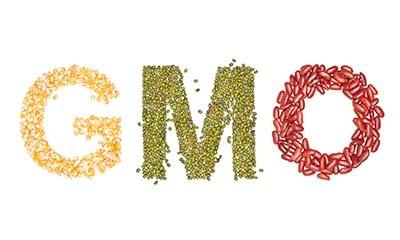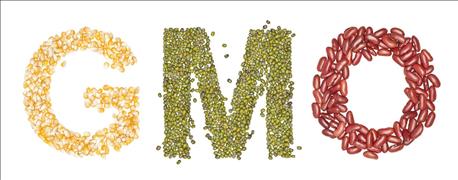
The Senate is expected to vote Wednesday afternoon to limit debate on the GMO labeling compromise reached by Senate Agriculture Committee chairman Pat Roberts and Ranking Member Debbie Stabenow.
If 60 senators vote to limit debate, the bill will likely come to a vote as early as Thursday in the full Senate.
A look through the bill:
-The compromise amends the Agricultural Marketing Act of 1946 by adding a National Bioengineered Food Disclosure Standard. For the purpose of this legislation, bioengineered food is defined as food that has been modified through DNA techniques.

Senate compromise on GMO labeling up for cloture vote tomorrow. (Photo: darksite/Thinkstock)
-The legislation applies to food that is subject to labeling requirements under the Federal Food, Drug and Cosmetic Act, the Federal Meat Inspection Act, the Poultry Products Inspection Act and the Egg Products Inspection Act only if the predominant ingredient of the food would be subject to the labeling requirements of the Food, Drug and Cosmetic Act or if the most predominant ingredient of the food is broth, stock, water or a similar solution.
-The legislation directs the agriculture secretary to establish a national mandatory bioengineered food disclosure standard within two years and to establish procedures to carry out the standard.
-The secretary’s regulations must establish a process for determining under which conditions a food is considered a bioengineered food.
-The label can be a text, symbol or electronic or digital link, with the option selected by the food manufacturer.
-There are also additional options for small food manufacturers.
-The regulations can’t make claims about the safety of food.
-No more than one year after the enactment, the agriculture secretary shall conduct a study to identify potential technology challenges that may impact consumers access to digital or electronic disclosure data.
-If the study finds inadequate access to bioengineering disclosure while shopping, the secretary shall provide additional options to access the information.
-The bill prohibits states or parts of states from having a different standard.
What supporters are saying
More than 1,000 agriculture, food and business organizations and companies representing the food supply chain have announced support for the legislation.
“The unparalleled support from across the nation and across America’s food producing community shows how important this legislation is and why the Senate should pass it quickly,” said Chuck Conner, president and CEO of the National Council of Farmer Cooperatives, in a media statement.
The American Soybean Association is urging members to call their senators, providing a link to the Soy Action Center.
“Passing this legislation is important not only to avoid a patchwork of state labeling laws, but also to maintain demand and increase consumer trust for the meal and oil that come from your soybeans,” ASA said in a media statement. “The Roberts/Stabenow compromise sets a national standard for labeling of biotech content that avoids stigmatization of biotechnology, while providing consumers with the information they need.”
Likewise, the National Corn Growers Association urges members to contact their senators to ask for their support of the legislation.
“The need for Congressional action is real and urgent,” NCGA says in a statement. “State labeling mandates threaten to confuse consumers, drive up costs and significantly complicate the jobs of American farmers.”
What opponents are saying
Just Label It says the legislation falls short of what consumers want are asks people to tell their senators they want a better bill.
Advocates are attempting to block the legislation, with Sen. Bernie Sanders, of Vermont, vowing to put a hold on the legislation, according to Common Dreams. Vermont’s labeling law took effect July 1 and according to various news reports more than 3,000 products have been pulled from grocery store shelves because of it.
The Center for Food Safety opposes the compromise bill, saying, “organic organizations, farmers and companies rightly fear that this bill could change important regulations governing the federal organic program including those prohibiting the use of genetic engineering in organic. They also refuse to be part of a sham labeling bill that blatantly discriminates against low-income, rural, elderly and a disproportionately high number of minority Americans.”
Sources: American Soybean Association, Coalition for Safe Affordable Food, National Corn Growers Association, Center for Food Safety, Just Label It!
About the Author(s)
You May Also Like




